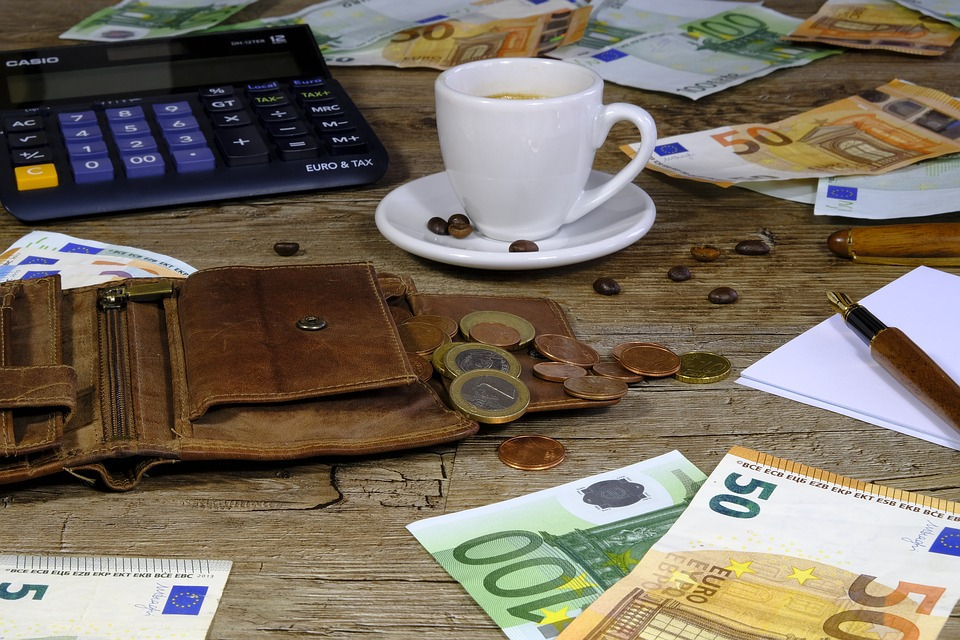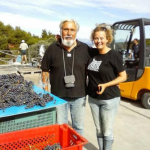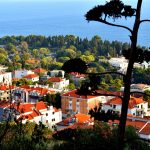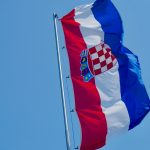As Jutarnji list/Novac/Vedran Marjanovic writes, according to Rijeka-based cafe owner Vedran Jakominic, there is no basis for Croatian coffee prices to increase to 20, 22 or 25 kuna, we can talk about price increases of a kuna or two, but not much more. He said this referring to current announcements that drinking coffee in bars and cafes across Croatia will become like drinking a luxury like whiskey or more expensive wine.
”It’s true that the prices of raw coffee, sugar and milk have seen a hike, but it’s really not clear to me where the stories are coming from that Croatian coffee prices might go up two or three times. These are just fairy tales,” belives Jakominic, who is also the president of the Association of Caterers of Kvarner and Istria and the head of the Regional Office of the Association of Voices of Entrepreneurs for Rijeka. In Jakominic’s cafes, a cup of coffee costs between seven and nine kuna, depending on the location, he says, and macchiato from nine to eleven kuna.
Energy prices
”If I raise my coffee prices, it will be due to rising energy prices, and we know that, among other things, there’s talk of increasing gas prices rising by 400 percent. It’s known what it would mean for those in the catering and hospitality industry if, for example, their gas bill jumped from 15,000 to 60,000 kuna. So, I expect the intervention of the state, which has announced that it would step in,” Jakominic noted.
The real blow to the price of the favourite beverage of many of Croatia’s residents lies in the expected growth of energy prices, and not in the growth of raw coffee prices on the world market, as claimed by domestic companies within the initiative of the Croatian Employers’ Association (HUP).
”The increase in stock market prices of coffee on the global market has been steady since the beginning of last year, but our members depreciated most of that blow at the expense of their business with a correction of prices of our products to customers of ten percent,” they said from the Coordination of Coffee Producers, Processors and Distributors within HUP, calling for government intervention measures to mitigate the cost shock caused by rising energy prices.
Price and competition
The claim that recent announcements of a radical increase in Croatian coffee prices are unfounded has also been assessed by caterers and hospitality industry workers who already charge higher prices for the same beverage. Nik Orosi, one of the leading Croatian baristas and the owner of the Eliscaffe cafe, where an espresso costs thirteen kuna, says that there are grounds for raising Croatian coffee prices, but, he adds, such a decision is always up to the owner at the end of the day.
”Here in Croatia, we have very strong competition in the offer of cafes, restaurants and other catering facilities where you can drink coffee. Therefore, if someone wants to raise their prices to 15 or 20 kuna, they must count on the fact that the competition that may have lower prices. My coffee is more expensive than in some other places, but my guests know why this is the case and why they like to drink coffee here,” explained Orosi.
In addition to controlling the rise in energy prices, the state has another lever to prevent rising Croatian coffee prices. This is a special tax on raw coffee, the abolition of which is already being sought by industrialists.
For more, check our dedicated lifestyle section.











